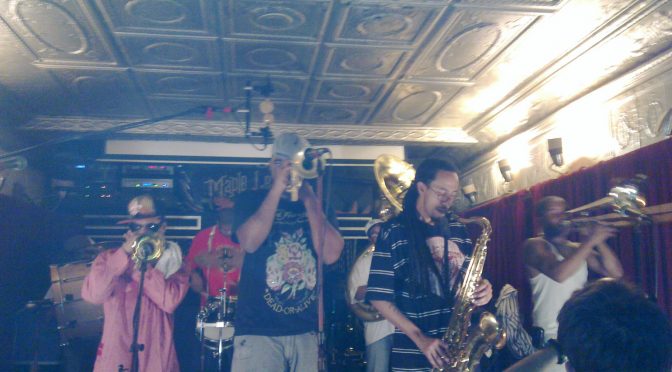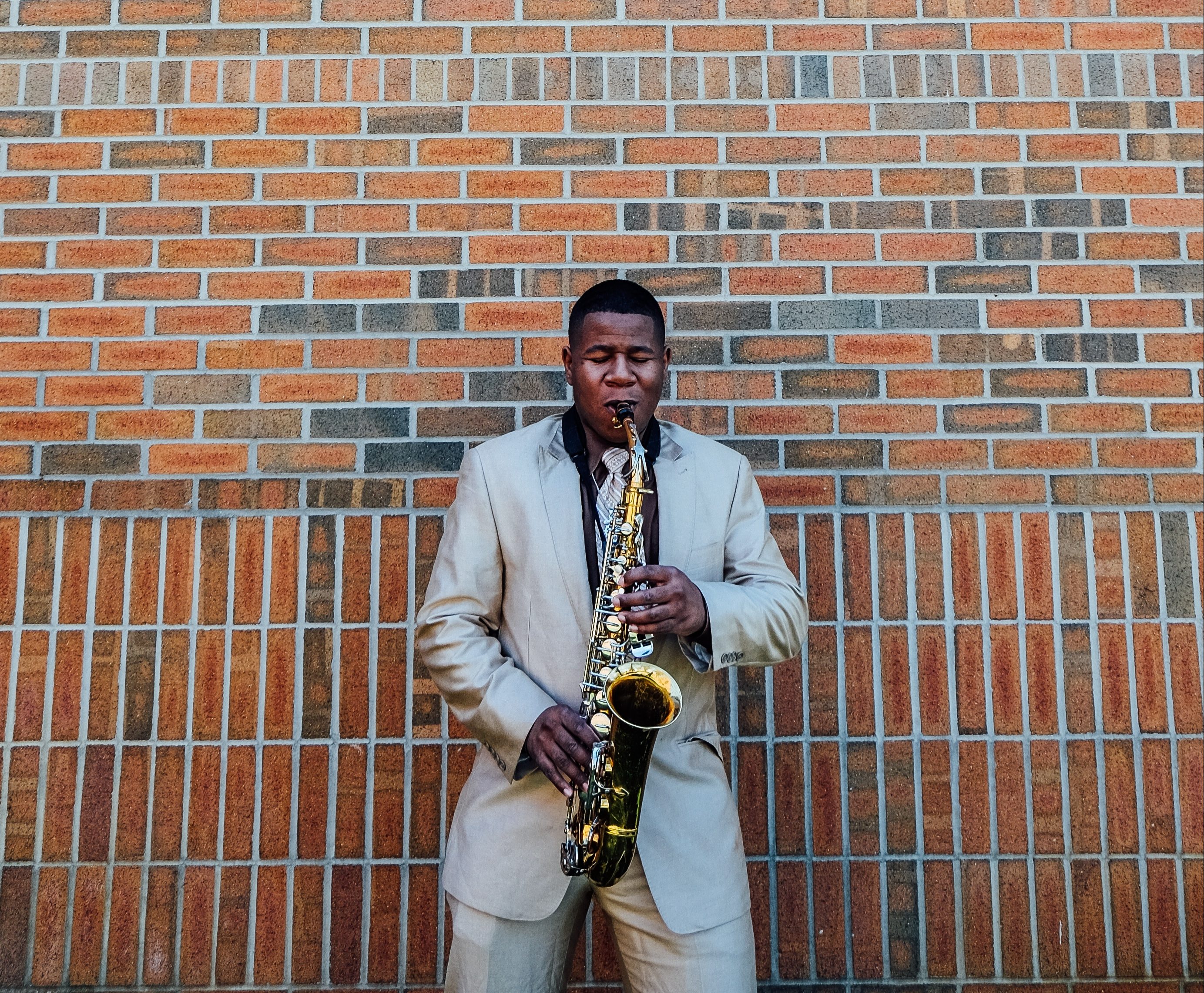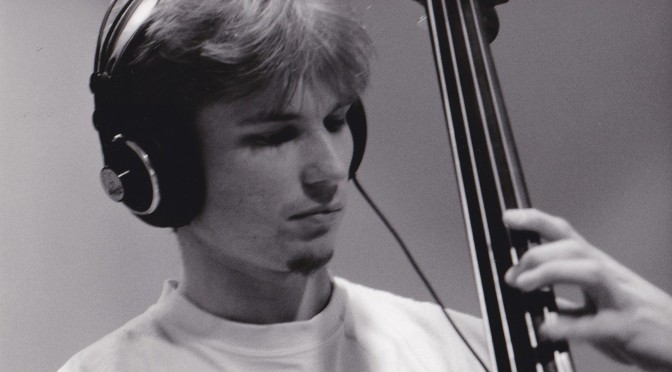As already mentioned, my background in music is practical as well as academic. Since both of these approaches to music are going to be apparent in my writing here, I’ll try and open up my thinking a bit here so that you know where I’m coming from with my ideas about music.
Musical practice
With the practical side I basically mean making music; practising an instrument, rehearsing and performing, many hours on daily basis for several years. That kind of engagement with music results in a quite specific experience of music as the pragmatic questions are never far from one’s mind, even when just listening to music.
|
No music no life
|
Musicology
Academic study of music, however, may in principle take up any angle to music one can possibly think of. Musicology, as the discipline is called, has various sub-disciplines studying music as e.g. physical, biological, psychological, cultural, social, historical, political, economical or legal phenomenon, just to name a few – and often various combinations of these and other approaches. To put a kind of Heideggerian phenomenological frame to it, musicology reveals, discovers and studies the multiple dimensions of music as a way of being-in-the-world, music as a human activity through which we engage with the world around us.
|
Treme Sidewalk Steppers 2nd line February 6th 2011
|
Music as a cultural phenomenon
My interest in music has for a while been mostly as a cultural and social phenomenon. Many of the other dimensions, however, are more often than not integrated into the previous. A good example of this is the New Orleans brass band tradition I did my last larger study on. While springing from the aspiration of social upheaval of the late 19th century Creole and black New Orleanians, the brass bands and music of these groups quickly became vehicles for political and economical advancements as well. And being an outdoor practice the musics physical, acoustic characteristics (read: loud) were very consciously used to underline and drive home the music’s complex message. Although much has also changed with these practices, most of this still holds for the 21st century post-Katrina New Orleans brass band music as well.
I hope this opens up my thinking a bit and helps you follow my line of thought in the posts here. And of course any and all questions/ideas/comments are welcome. Stay tuned!
Cheers, Mikko














